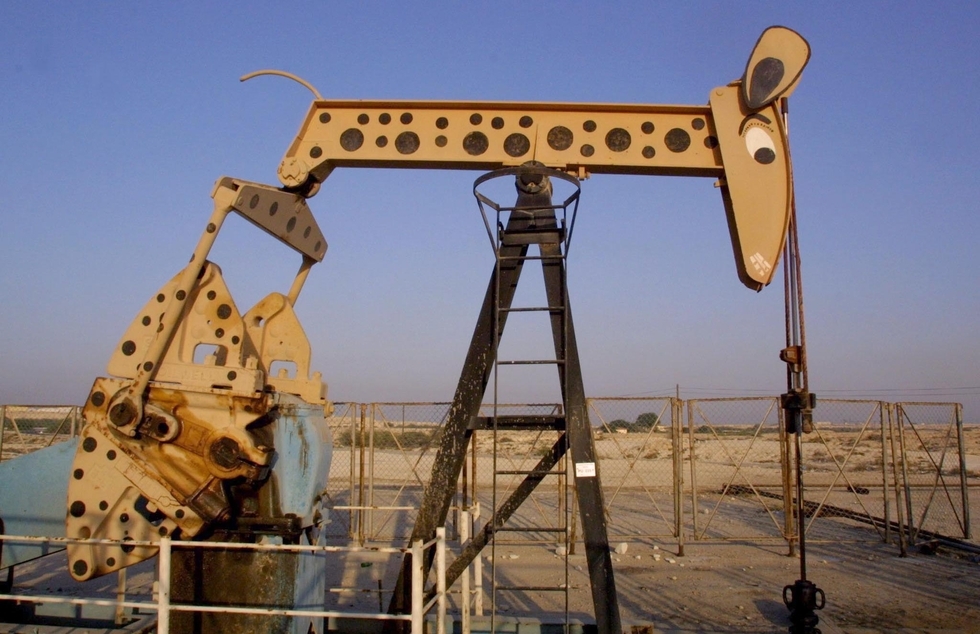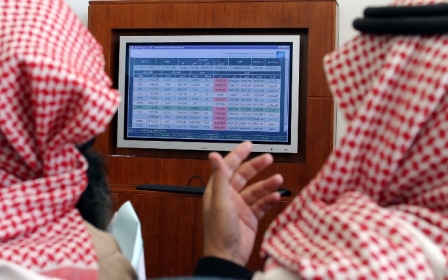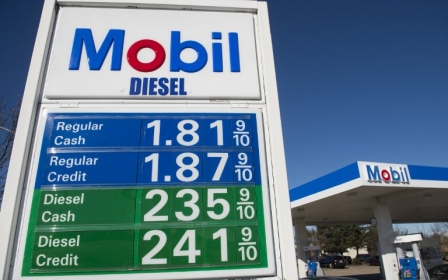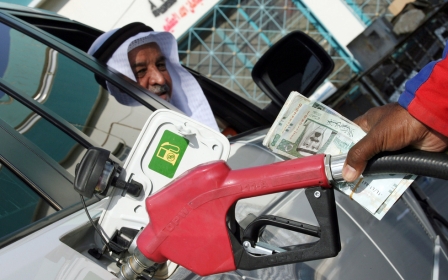Bahrain raises petrol prices for first time in 33 years as oil price nosedives

Bahrain has raised petrol prices for the first time in 33 years, citing “the unprecedented drop in global oil prices” for the move.
Starting on Tuesday petrol prices will be hiked by more than 50 percent, with regular petrol increasing from 80 fils (20 cents) per litre to 125 fils (33 cents), an increase of 56.3 percent, and the more expensive super petrol increasing by 60 percent, from 100 fils (27 cents) to 160 fils (42 cents) per litre.
“As part of the Kingdom of Bahrain’s comprehensive economic and fiscal reform programme, the Cabinet today approved an amended price of gasoline sales,” a statement carried by Bahrain News Agency (BNA) on Monday said. “The decision follows recommendations from the executive committee, as outlined in a memorandum submitted to Cabinet by the National Oil and Gas Authority.”
The Cabinet’s decision “forms part of the government’s wide-ranging programme of structural economic and fiscal reforms that will further strengthen the country’s long-term development,” Gulf News quoted Energy Minister Dr Abdulhussain Mirza as saying.
Global oil prices continued their tumble on Tuesday, with US crude falling below $31, bringing prices to 12-year lows.
The continuing downward pressure on oil on Tuesday prompted OPEC president Emmanuel Ibe Kachikwu to say he expects the cartel to call for an extraordinary meeting in "early March" to address nosediving crude prices. Without the meeting, the next OPEC session – during which the body can decide to reduce production and therefore increase prices - would not take place until the early summer.
"We did say that if it (the price) hits the 35 (dollar per barrel), we will begin to look (at)... an extraordinary meeting," said Kachikwu, who is minister of state for petroleum resources in Nigeria.
European benchmark Brent also crude fell 98 cents, or 3.11 percent, to $30.57.
Saudi Arabia has been seen as the key instigator behind OPEC’s decision to keep production steady, prompting many Gulf states to carry out reforms and cull subsidies.
Earlier this month, Bahrain cut government subsidies for diesel and kerosene following similar moves by its Gulf neighbours.
Saudi Arabia in December raised petrol prices by 50 percent as part of subsidy cuts for petroleum products, power and water, after the country posted a record $98bn budget deficit for 2015.
The United Arab Emirates has likewise liberalised fuel prices, while Kuwait lifted subsidies on diesel and kerosene at the start of last year.
Middle East Eye propose une couverture et une analyse indépendantes et incomparables du Moyen-Orient, de l’Afrique du Nord et d’autres régions du monde. Pour en savoir plus sur la reprise de ce contenu et les frais qui s’appliquent, veuillez remplir ce formulaire [en anglais]. Pour en savoir plus sur MEE, cliquez ici [en anglais].




